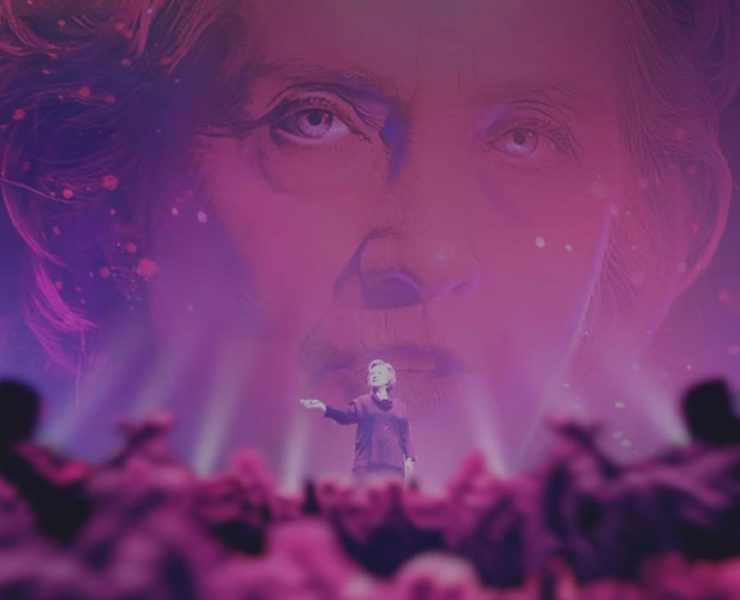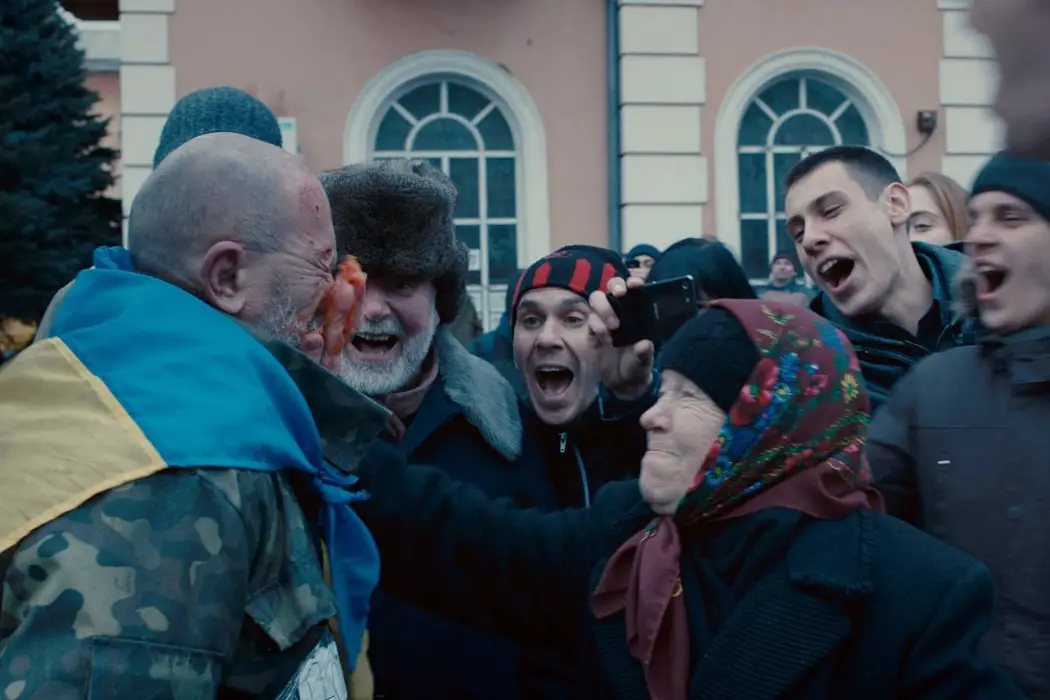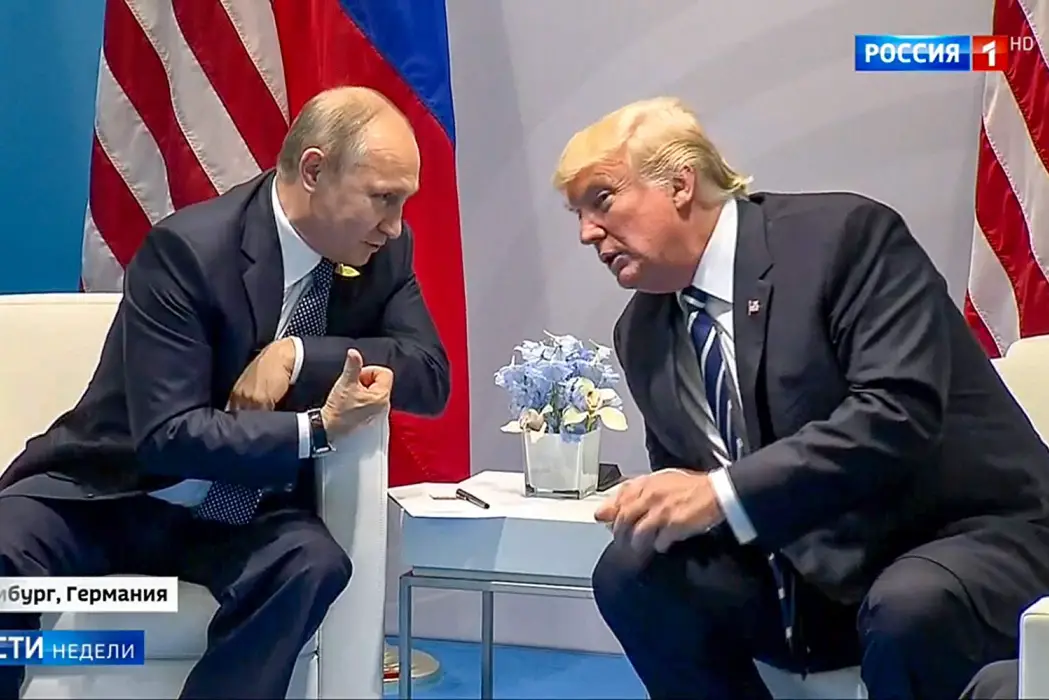propaganda
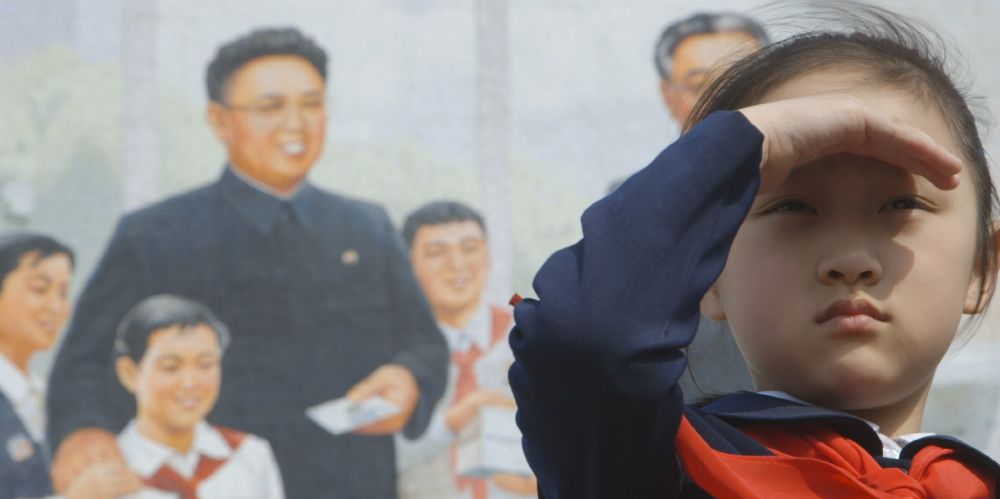
Despite frequently being labeled the most reclusive country in the world, in the past half decade or so there have been a preponderance of documentaries about North Korea. TV shows, websites and documentary filmmakers have all offered their own spin on what is colloquially referred to as “The Hermit Kingdom”. Though told in different ways, all of these pieces have generally come to the same conclusion:
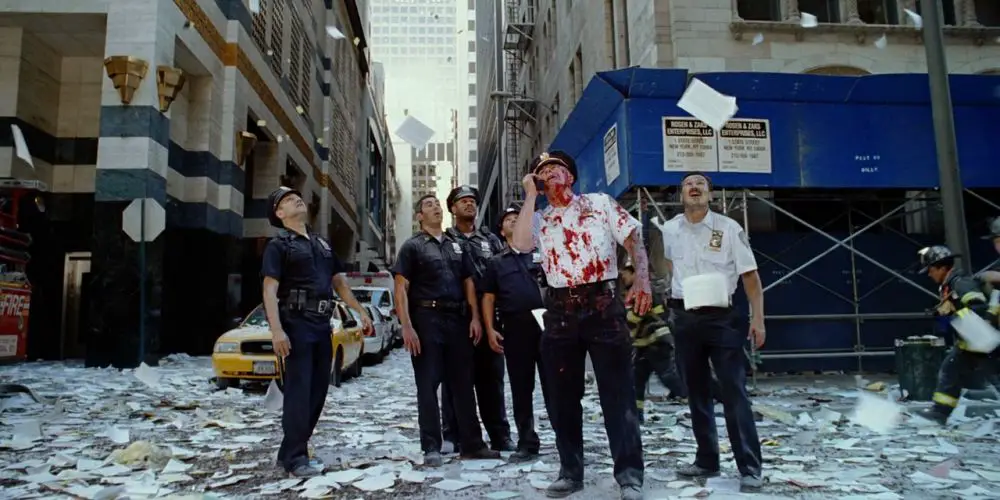
Recently, I had the chance to tour the National 9/11 Memorial and Museum in New York City, which, as you can imagine, is quite a somber experience. Amid the thoughtfully presented exhibits, I started wondering about 9/11 as portrayed in film. Now, when I say “portrayed” I’m not talking tangentially, as when 9/11 is used to jumpstart plot (e.
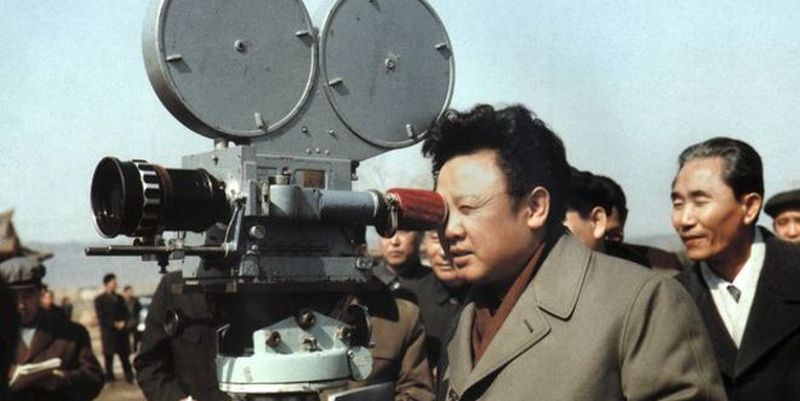
The words “North Korean cinema” have traditionally invoked images of staid, humourless propaganda movies each more concerned with exalting the virtues of the nation’s glorious leaders than sculpting cohesive narratives. For those who have looked into the films emanating from the secretive Asian country it is possible to conclude that, in some instances, this description is rather unnervingly accurate. Many of these stereotypes exist for a reason.
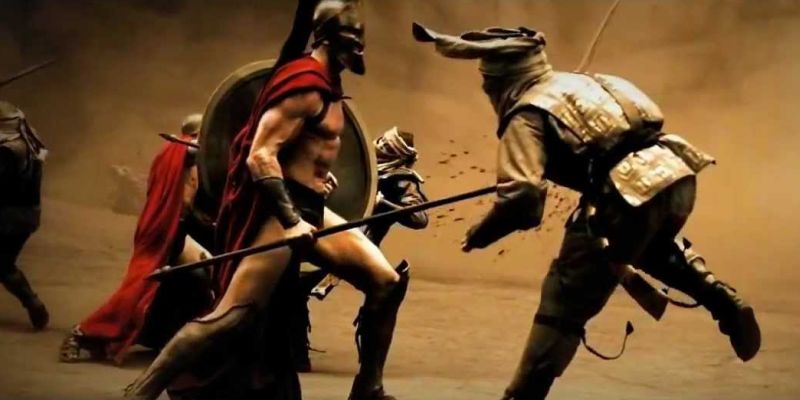
It has been five weeks since Batman Vs. Superman debuted at cinemas worldwide to a gargantuan opening weekend, followed immediately by toxic word of mouth that has caused the film to fade into irrelevancy even as it is still playing in theatres. The fact it could have potentially derailed Warner Bros.
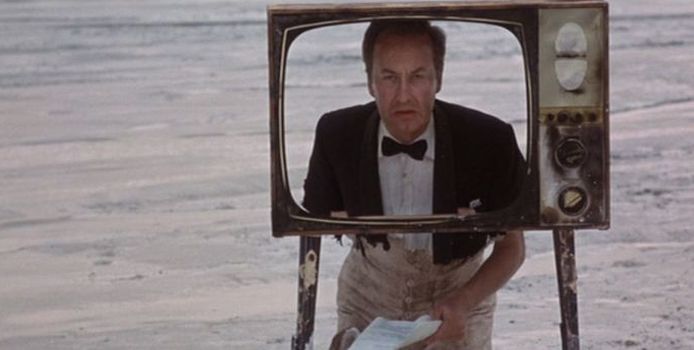
One of the more curious cultural changes in the post-war era was the cinematic climate that permeated in the United Kingdom in the years following WWII. These movies vary from paranoid thrillers, atomic-age science fiction and docudrama’s that veer on a level of horror due their level of accuracy regarding the terrifying nature of nuclear war. The feature films that came out in this period are terrifying on varying levels; one of those being the self-reflective element that is so common in movies and that reflection was cast by the looming possibility of WWIII.

If you’re a bit like me, you’re eagerly awaiting the release of the third part of the The Hunger Games film franchise: Mockingjay Part 1. I was already a fan of the books before the films came out, and I’m a satisfied fan – in my opinion, they’re doing really good at translating the original trilogy to the screen.


